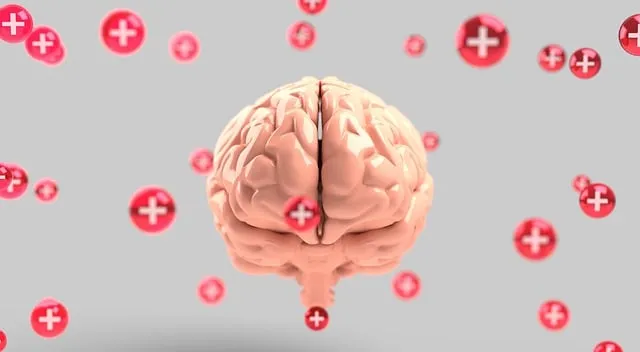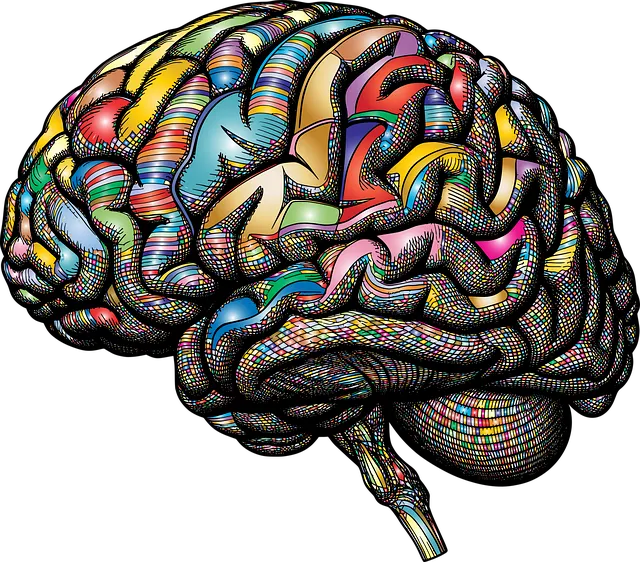Cultural competency at the Longmont Kaiser Permanente mental health center by owner is essential for high-quality care, fostering trust and improving outcomes. Through interactive workshops, mentor discussions, journaling exercises, and continuous learning, healthcare providers gain deeper cultural understanding to offer personalized, compassionate support tailored to each patient's unique emotional healing journey. Regular curriculum reviews, community feedback integration, and partnerships ensure the program remains dynamic, impactful, and accessible to diverse communities.
“At Longmont Kaiser Permanente Mental Health Center, cultural competency training is more than a buzzword—it’s a cornerstone of our patient care philosophy. This comprehensive guide explores the significance of such training in navigating diverse communities and improving healthcare outcomes. We delve into effective strategies for designing programs that foster cultural awareness and sensitivity, ensuring lasting impact through continuous improvement. By adopting these practices, Longmont Kaiser Permanente Mental Health Center by owner aims to revolutionize healthcare delivery.”
- Understanding Cultural Competency in Healthcare: Why It Matters at Longmont Kaiser Permanente Mental Health Center
- Designing Effective Training Programs: Strategies for Fostering Cultural Awareness and Sensitivity
- Implementation and Continuous Improvement: Ensuring Lasting Impact and Adapting to Diverse Communities
Understanding Cultural Competency in Healthcare: Why It Matters at Longmont Kaiser Permanente Mental Health Center

Cultural competency is a vital aspect of providing quality mental health care, especially at Longmont Kaiser Permanente Mental Health Center by owner. It goes beyond treating symptoms and involves understanding and respecting diverse cultural backgrounds, beliefs, and values. In today’s diverse society, healthcare providers must be equipped to navigate complex cultural landscapes to ensure effective patient care. At Longmont Kaiser Permanente, we recognize that cultural sensitivity is key to building trust, fostering emotional healing processes, and improving overall health outcomes.
By incorporating empathy-building strategies and evidence-based communication techniques, our mental health professionals can create a safe and inclusive environment for patients from various ethnic and cultural groups. These approaches facilitate open dialogue, help dispel myths and misconceptions, and promote understanding of different perspectives. Through training in cultural competency, Longmont Kaiser Permanente Mental Health Center by owner aims to revolutionize the way care is delivered, ensuring that every individual receives personalized support tailored to their unique emotional healing processes.
Designing Effective Training Programs: Strategies for Fostering Cultural Awareness and Sensitivity

Effective cultural competency training programs are designed to foster an environment where healthcare providers can develop a deeper understanding of diverse cultures and communities, particularly in areas like the Longmont Kaiser Permanente mental health center by owner. These programs should go beyond basic awareness and encourage active engagement and reflection. One strategy is to incorporate interactive workshops that simulate real-life scenarios, allowing participants to practice communication strategies when dealing with culturally diverse patients.
Mentor-led discussions and group activities centered around sharing personal experiences and perspectives can also enhance cultural sensitivity. Additionally, incorporating mental wellness journaling exercise guidance might help providers reflect on their own biases and the impact they have on patient care. Encouraging positive thinking and a mindset of continuous learning ensures that training remains dynamic and relevant, empowering healthcare professionals to deliver more personalized and compassionate care.
Implementation and Continuous Improvement: Ensuring Lasting Impact and Adapting to Diverse Communities

Implementing cultural competency training within healthcare settings is a transformative process that requires ongoing commitment and adaptation to effectively serve diverse communities, as exemplified by the Longmont Kaiser Permanente mental health center by owner. Following initial training sessions, continuous improvement initiatives are vital to sustain and enhance the impact of these programs. This involves regularly reviewing and updating curricula to reflect evolving cultural landscapes and incorporate community feedback. By fostering a culture of learning, healthcare providers can develop deeper insights into various cultural perspectives, allowing them to offer more personalized and sensitive care.
Additionally, integrating practices like confidence-boosting mental wellness journaling exercises and self-care routine development for better mental health can empower patients from diverse backgrounds. These initiatives not only support individual well-being but also strengthen the overall community’s resilience. Through regular assessment and collaboration with community partners, healthcare providers can ensure that their services remain culturally responsive and accessible, ultimately fostering a more inclusive and supportive environment.
Cultural competency training is not just a best practice but an essential component of quality healthcare, as demonstrated by initiatives at Longmont Kaiser Permanente Mental Health Center. By implementing effective training programs and focusing on continuous improvement, healthcare providers can better serve diverse communities. As the healthcare landscape becomes increasingly diverse, these efforts are crucial for creating inclusive environments that foster trust and positive outcomes for all patients, ensuring the Longmont Kaiser Permanente mental health center remains a leader in owner-driven healthcare innovation.






